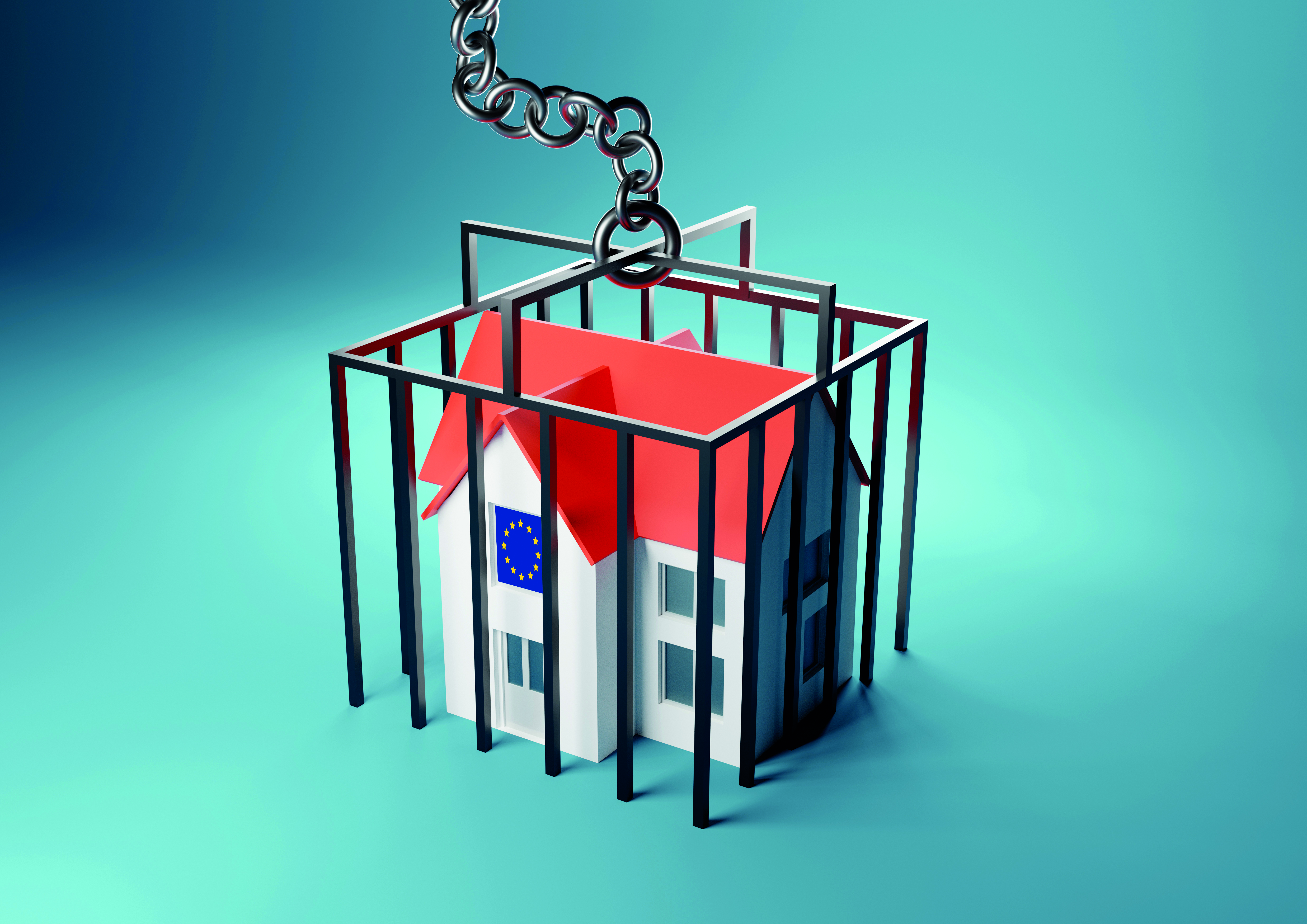
Mortgage prisoners could be facing rates of 9% and above in the current economic climate, according to the UK Mortgage Prisoners lead campaigner Rachel Neale.
In a letter sent today, Neale has urged the Financial Conduct Authority (FCA) and government to enforce non-lenders who choose not to lend to offer fairer rates.
With mortgage prisoners paying mortgage rates of between 4% and 9% for over a decade, Neale says the UK government has “done nothing to help us”.
Neale states: “Now that the wider public is set to have interest rates raised to those kinds of percentage rates the media, along with economists are raising an outcry of unfairness, asking how people will pay their mortgages and be able to live and buy food and pay their other bills. Surely you can see the irony here.”
However, she says the “biggest upset” is that the financial industry, FCA, UK Finance and Treasury “continue to allow the likes of Landmark and Heliodor to choose not to offer new rates when they can”.
Speaking on GMB with Martin Lewis, FCA executive director, consumers and competition Sheldon Mills last week stated that companies should work with their customers.
However, Neale says “the FCA and UK Finance have been part of the reason that they are allowed to choose to impose high rates on their struggling customers”.
In the letter, she asks: “Can you explain why it has been stated that these entities who hold the vast majority of mortgage prisoners’ accounts cannot provide products at fixed rates or allow customers to switch product type, etc? Why has this been permitted to occur while all the time we have been told Landmark/Heliodor etc cannot offer alternatives, that they have instead chosen not to? Why has FCA not intervened?”
“We need urgent answers. The recent statement on the Citizens Advice super-complaint on the mortgage loyalty penalty concludes no intervention is required. We cannot understand how you can stand by this particularly given that it is the most vulnerable who are trapped on standard variable rates,” Neale concludes.
Last week, mortgage prisoners, and the wider public, faced the seventh interest rate hike this year.
On 22 September, the Bank of England (BoE) increased the base rate by 50 basis points to 2.25%.
As the highest, the base rate has been for 14 years, the move is said to help counter rising inflation, which the BoE now predicts will hit 13% before year-end.
At the time of the announcement, Neal said: “We already have a housing crisis in this country but there is a real live historical mortgage crisis that the government think if they ignore it will be swept under the carpet.”
This followed news of the sterling’s record-breaking drop against the US dollar.
After rumours that the BoE’s monetary policy committee (MPC) will conduct an emergency meeting to raise interest rates, the bank’s governor Andrew Bailey said on Monday that it “will not hesitate to change interest rates as necessary to return inflation to the 2% target sustainably in the medium term, in line with its remit”.
Bailey explained that the MPC would make a full assessment at its next meeting on 3 November.



